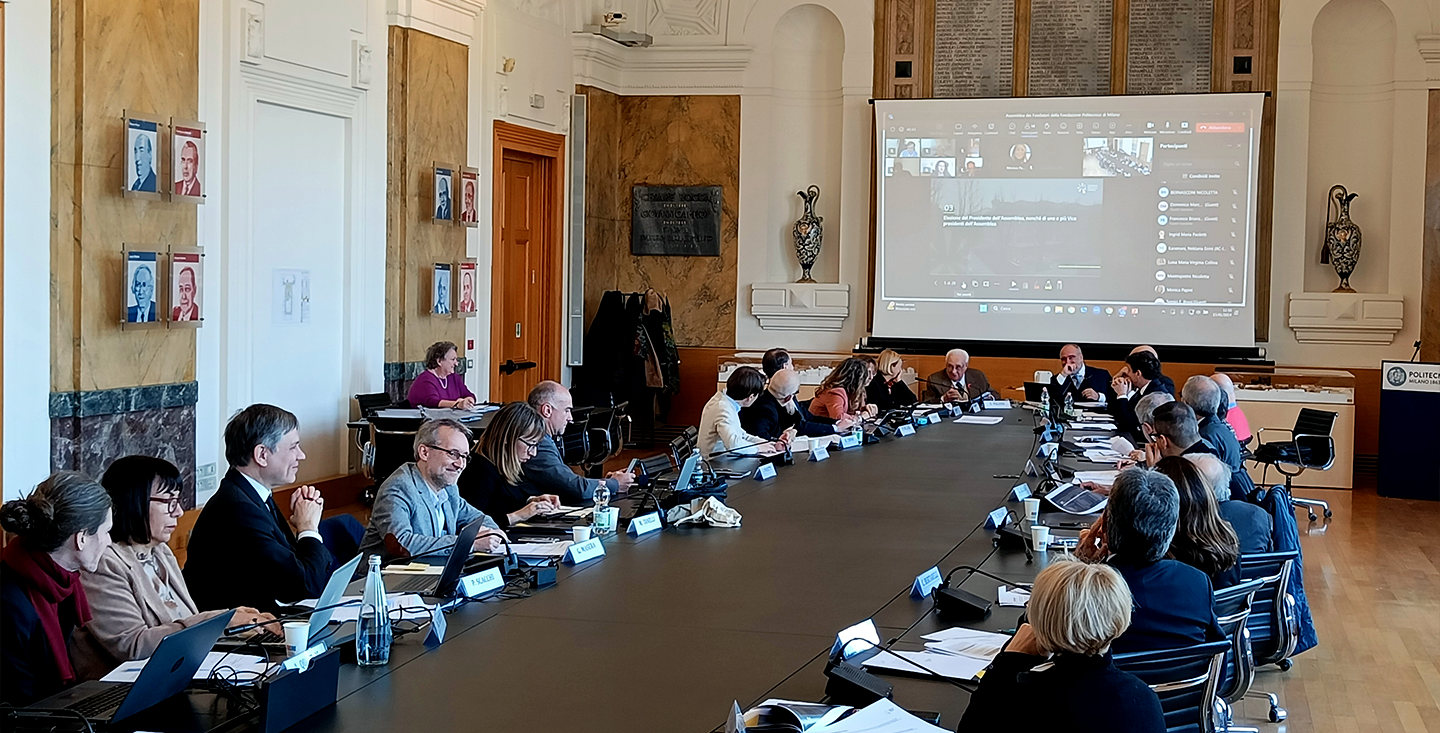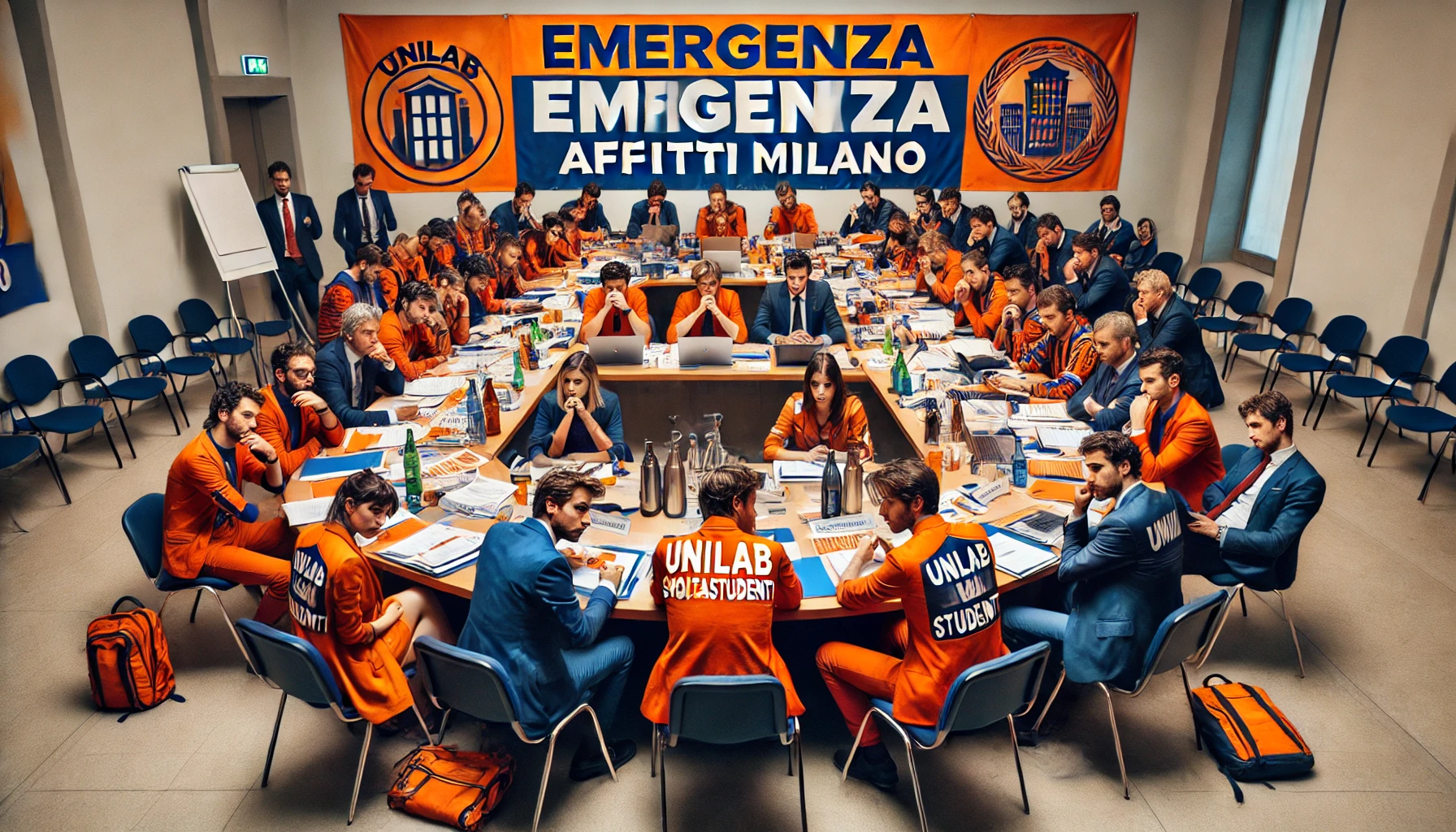I am Alessandro Conti,a student in the second year of LM in Civil Engineering and for three months in Erasmus at TU Delft,Holland.I am writing to tell you about a very interesting and unusual experience that saw me as a protagonist.
Last November 19th I had the opportunity to participate together with 10 other students in a rather rare event for Italy and its Universities: an informal meeting – truly face to face – with the Rector of TU Delft Prof. Karel Luyben. I will immediately give the coordinates of the meeting so as to arouse your curiosity and justify the premise:
Why?It is one of the four autumn meetings that the Rector makes to take care of the direct relationship with the students, listening to the protagonists of the Institution he directs. In my case it was dedicated to international students.
When?From 8 pm we pulled until 1 am! Where? In a student's room inside one of the many student residences. It was a bit tight but it was worth it.
What?In English, of course. After making sure that the meeting was all in English (otherwise I would have been cut off, since Dutch is not my passion!), I decided to go despite being "only" an Erasmus student!
The curiosity was rewarded, because from the meeting I learned a lot about Dutch culture (in addition to the rector there were also some representatives of Dutch student associations), and above all I understood the path that led TU Delft to truly become an international university! From the numerous excel tables available as open data (they are Engineers and Architects!) we can see theevolution of the last decade in an international sense of one of the most prestigious European technical universities. Some significant data en passant: in 2012 17461 total students, 82% are Dutch, 8% come from the rest of Europe, the remaining slice from 109 countries (out of 189) of the world. The trend towards internationalization, however, is stronger than it appears, if you see the numbers of enrollments in 2012: out of 1256 new students, the Dutch represent only 25% and the total new enrollees India China and Greece beats the total Netherlands. The last fact that I insert here in the river of words of the article is that 70% of PhD students are not of Dutch nationality.
These data are even more significant if we think of the fees paid by students: 1835 the average for Europeans, 12915 for non-EU. But all these data were not discussed in the meeting (simply personal research). I say right away that although it represents a best practice, we must be aware that this model is not exportable in its entireties, given the considerable differences between Italy and Holland, PoliMi and Tu Delft. Good news and celebration for the goals achieved you could think. But no, because in the meeting we talked above all about… problems! Yes, this is precisely the aspect of the Dutch culture of which I spoke, that is, while representing in some ways the leaders, the Rector tried to understand the problems related to the integration of the Internationals and tried to steal, expressly asking for the best practices of the other universities in this sense. A very practical vision of life, which after a compliment always asks you what is wrong …
And in fact some practical problems have emerged, as it is normal that it is for a University open "only" for 10 years to the Internationals, on a life of 171 years. But the impression I had was that of practical problems that arise in a truly international community, so much so that driven by a question, the Rector came to outline a futuristic framework in which new students will have to be able to create a super alias culture,given that from his point of view it is impossible to pretend that each of the 109 nationalities knows the other in depth … (even for a trivial game of combinations I would add) ! What I felt like doing was investigating TU Delft's ten-year choice of the only official English languagefor MSc and PhD: the result that came out of it is that it is seen rather as a necessary condition (not enough!)for internationalization, almost a common tool that everyone must have in the toolbox!
I think it is superfluous to underline how I am learning in these months from Erasmus really a lot – I do not want to make a comparison with the past four years at PoliMi because it would not be a homogeneous comparison – , and the thing I like most is the idea of going to University and to a country where I can get in touch with 109 nationalities by making trips with my mind talking to each of them!
Alessandro Conti




